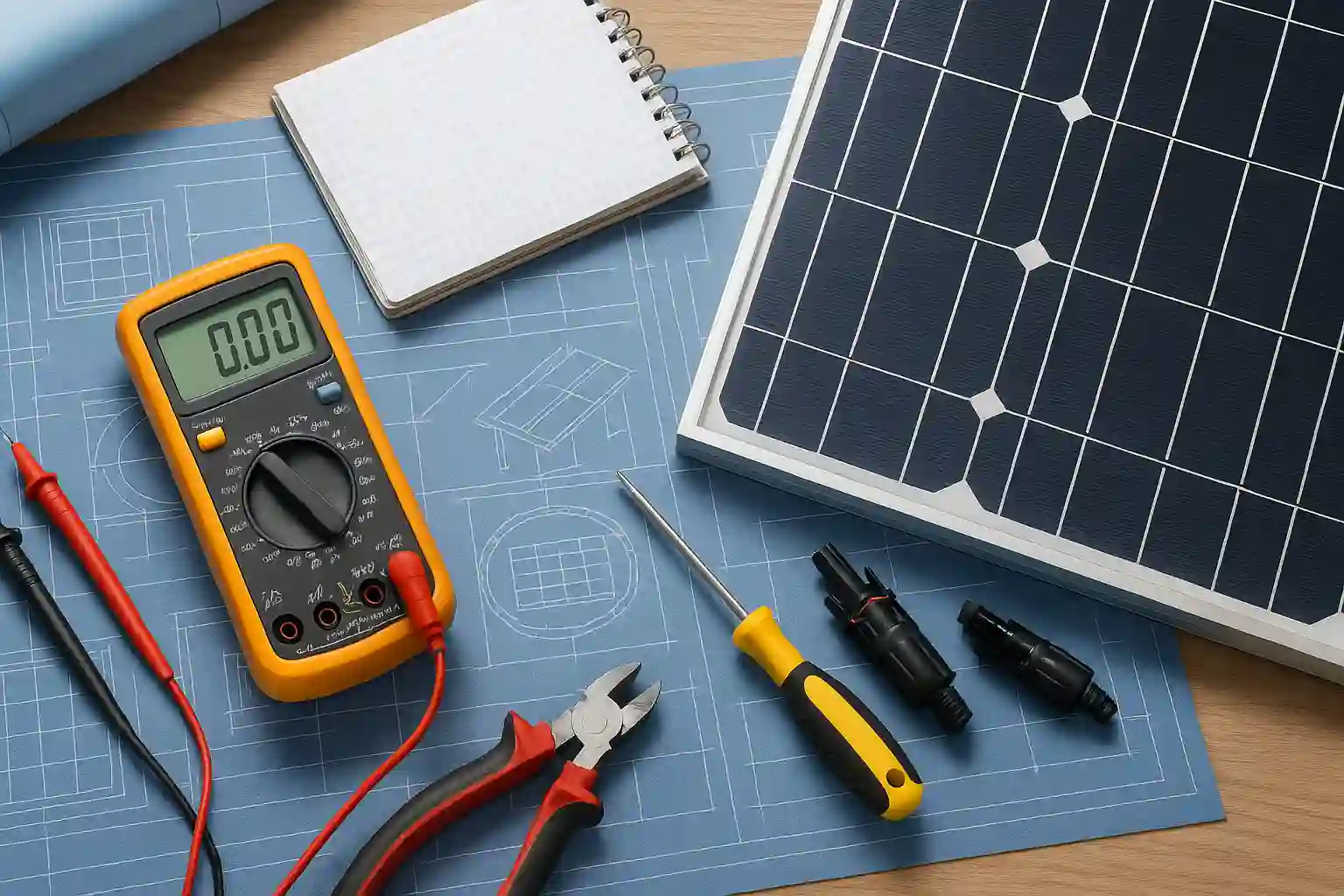
Learning how solar power systems work can feel like trying to solve a puzzle — panels, batteries, controllers, and cables all interacting in complex ways. A1 SolarStore has published a set of articles that, when read together, offer a complete educational path for anyone interested in DIY solar installations. Let’s look at how their content builds a full understanding of planning, wiring, and optimizing a home solar system.
Before touching a single tool, the key is learning how to size your equipment and design the overall system.
A1 SolarStore’s guide on planning a DIY solar kit explains how to estimate daily power use, choose between off-grid and hybrid setups, and select compatible components such as panels, batteries, and inverters.
This foundational article turns vague enthusiasm into a clear plan — helping readers calculate what kind of array they actually need. It focuses on logic and structure rather than technical formulas, making it approachable for beginners.
No solar setup works without a device to manage the power flow between panels and batteries.
To understand this crucial component, A1 SolarStore’s post on the role of a solar charge controller explains how voltage regulation, current control, and battery protection work in practice.
Once readers grasp these fundamentals, they can explore advanced technology through the detailed overview of MPPT controller efficiency. That article breaks down how modern MPPT units maximize performance by converting excess voltage into usable current — often improving energy yield by up to 25 %.
Together, these two resources build both conceptual and technical understanding of the component that keeps every system stable and efficient.
Theory only gets you so far — sooner or later, you’ll need to connect everything safely.
The article focused on solar panel wiring provides clear instructions for linking panels, controllers, and batteries. It explains the logic behind connection order and helps avoid common mistakes like reverse polarity or overcurrent risks.
For those who prefer a shorter, checklist-style reference, A1 SolarStore also offers a quick overview of connecting panels to a controller — a concise summary perfect for use during on-site installation.
“Connect the battery first, then power up the controller, and finally attach the panels.”
— A simple sequence that prevents costly damage and ensures safety.
Instead of reading these articles in isolation, it helps to view them as one complete learning track:
This progression mirrors how professionals approach solar installation — from concept to configuration, from understanding to action.
A1 SolarStore’s materials excel at turning complex electrical concepts into actionable knowledge. They make the learning curve gentle without oversimplifying it, empowering readers to move from theory to practice confidently.